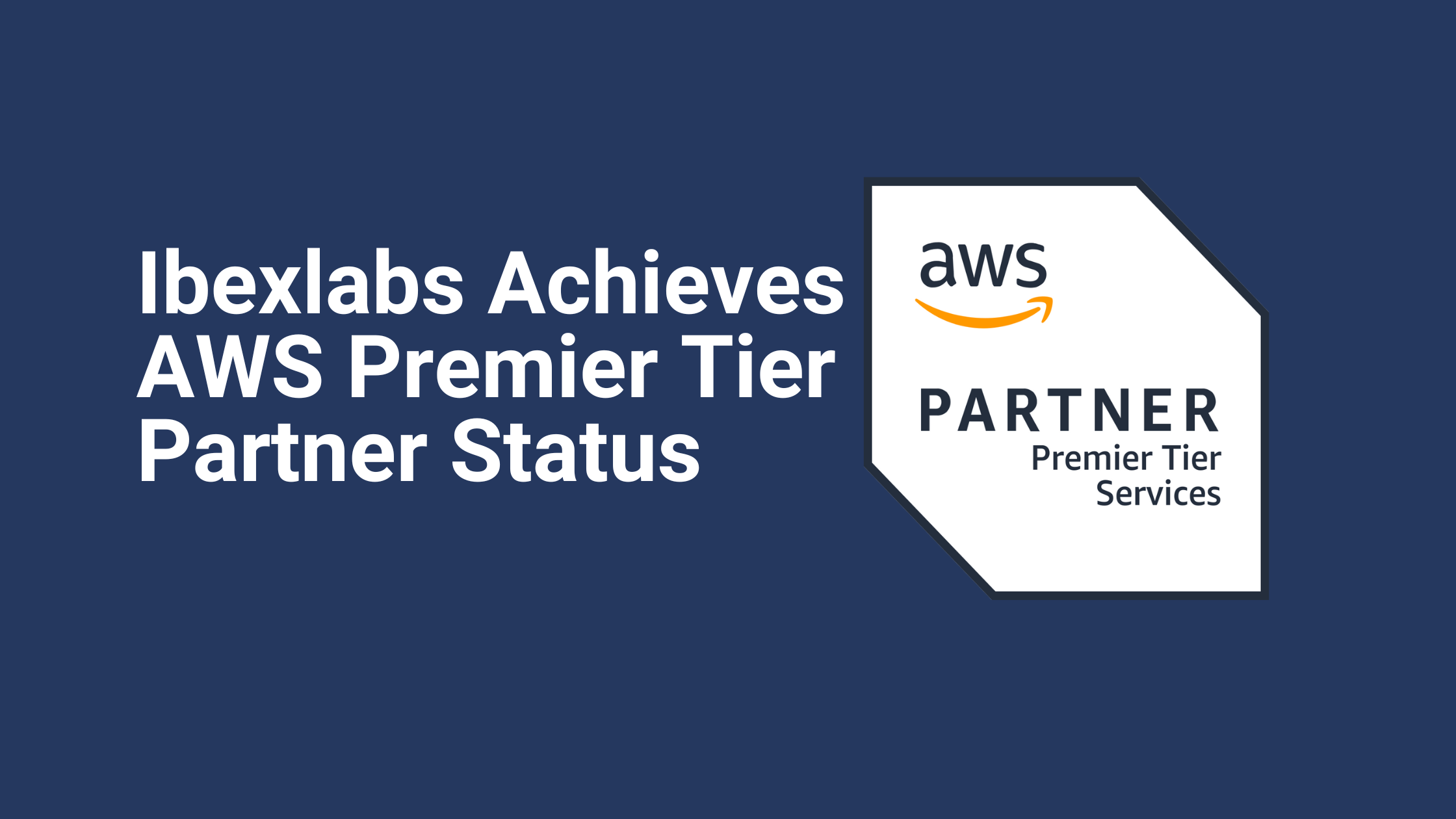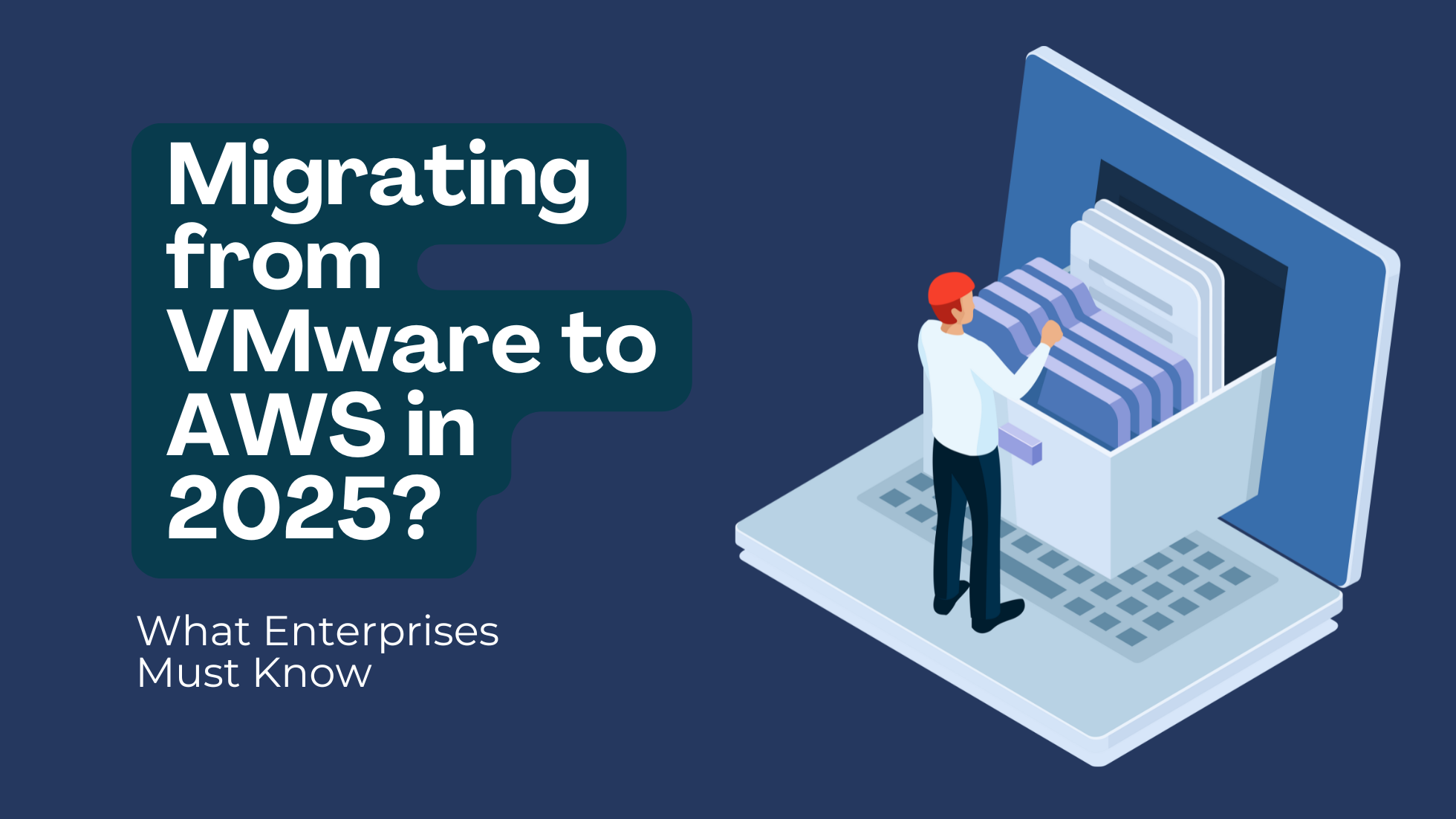Security Information Event Management (SIEM) in AWS
Security is a big part of cloud implementation and managing cloud security is becoming more challenging. The growing number of cyberattacks—and the growing variety of attacks targeting cloud environments—is posing a serious challenge that cloud administrators need to face.
Amazon offers a wide range of security tools on its AWS ecosystem, but managing information security can still feel overwhelming when there are so many tasks to handle. This is where integrated tools and solutions come in handy, and Security Information Event Management (or SIEM) is one of the best to use.
What Is Security Information Event Management (SIEM)?
Security Information and Event Management (SIEM) is a collection of tools and services that provide a holistic view of an organization’s cloud security. Going beyond its original event log-management roots, SIEM software vendors are today introducing advanced statistical analysis, anomaly detection, and machine learning as well as other analytical methods to their solutions. This is on top of more traditional features including real-time visibility of an organization’s information security systems and event log management that consolidates data from numerous sources.
AT&T Cybersecurity provides a Security Information Event Management solution developed specifically for AWS. Which means it is designed from the ground up to be compatible with tools like AWS Guard Duty. Yes, we’re talking about the same SIEM solution as the one originally developed by AlienVault. AlienVault is now AT&T Cybersecurity, a collaborative defense and cybersecurity organization that focuses on creating integrated tools for easier cloud management.
Back to SIEM, the tool can be fully integrated with AWS services. it handles four primary functions that make this tool so indispensable, which are:
- Centralized AWS security monitoring: With monitoring data from services like CloudTrail, CloudWatch, and ELB being pulled to a unified platform. Rather than going through the logs manually, you can now review logs and search for anomalies faster with this level of integration.
- Threat intelligence for AWS: Including support for correlation rules and anomalies detection. AWS environment that has been configured can be monitored closely for potential changes. When the changes made aren’t complying with security policies, you get instant (and early) notifications.
- Support for multi-cloud setups: This means SIEM can now be used to eliminate blind spots and allow for a more holistic approach in cloud management. You can also use SIEM from the start to make the whole process of migrating to the cloud easier.
- Security compliance in the cloud: With popular standards like HIPAA and PCI DSS supported natively. Adjusting your cloud environment to meet the requirements of these security standards becomes an easy task to complete with the help of SIEM.
From these four primary features alone, it is not difficult to see how SIEM can be incredibly useful for organizations who manage their own cloud security. SIEM takes the guesswork out of the equation, giving you complete control over the safety of your data with accurate logging, effective threat intelligence, and advanced security standards.
How Can SIEM Help You?
Since Security Information Event Management is developed to work natively with AWS, the tool can be useful in a wide range of scenarios. For starters, SIEM makes monitoring cloud security as easy as it gets. Anomalies are detected almost immediately, and the prediction of potential attacks is now possible. As long as you have clear rules and security policies, most cyberattacks can be prevented entirely.
SIEM also handles log management and analysis superbly. Rather than going through multiple logs manually, you can now turn to visualized data and analyzed logs for quick insights on the health and security of your cloud environment. This feature also makes cloud maintenance easier since you can automate most of the more mundane tasks such as checking logs.
Automation is a big part of the process. SIEM automates mundane tasks and takes things a step further. Things like the normalization of components after—or during—a cyberattack (when anomalies are detected) are no more than a few steps waiting to be completed with the issues laid out clearly and in a visual way.
Security alerts are certainly handy. They direct your attention to the right parts of your cloud environment based on the security threats you face. As mentioned before, Security Information Event Management takes the guesswork out of most server maintenance tasks. Alerts are also handy for preventing catastrophic damage to the cloud environment during a cyberattack.
You can basically react to attacks and potential security risks faster. Instead of waiting to fix the cloud environment, you can proactively plug security holes and prevent catastrophic attacks from ever affecting your cloud environment from the beginning. This is perhaps the biggest benefit offered by SIEM; you save a lot of time, energy, and money by preventing attacks rather than dealing with them.
Scalable and Intelligent
One last thing to note about SIEM: it works with cloud environments of different scales. Even SIEM itself is scalable. You can capture logs and activities from different instances, modules, and components without putting too much strain on the monitoring system.
The more logs you collect, the better Security Information Event Management is at correlating events and spotting anomalies. You still need to define clear and effective security policies to maximize the benefits of using SIEM, but the insights you get from implementing this integrated security tool will help with that too.
So, is SIEM for everyone? The benefits you can get from implementing SIEM varies depending on the way your cloud environment is set up, but one thing remains true: managing cloud security is easier with SIEM in place.
For more on cloud security in AWS, check out our article, AWS Cloud Security Best Practices.
Ibexlabs is an experienced DevOps & Managed Services provider and an AWS consulting partner. Our AWS Certified DevOps consultancy team evaluates your infrastructure and make recommendations based on your individual business or personal requirements. Contact us today and set up a free consultation to discuss a custom-built solution tailored just for you.









